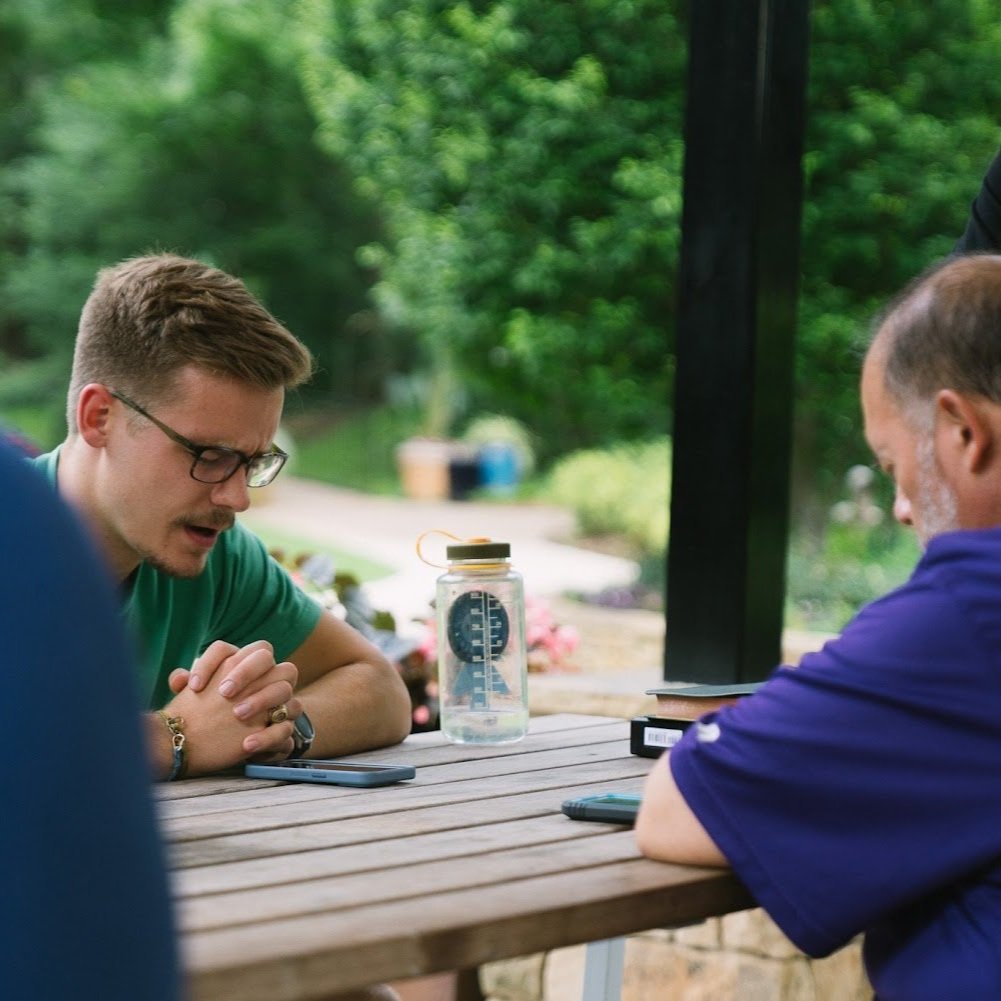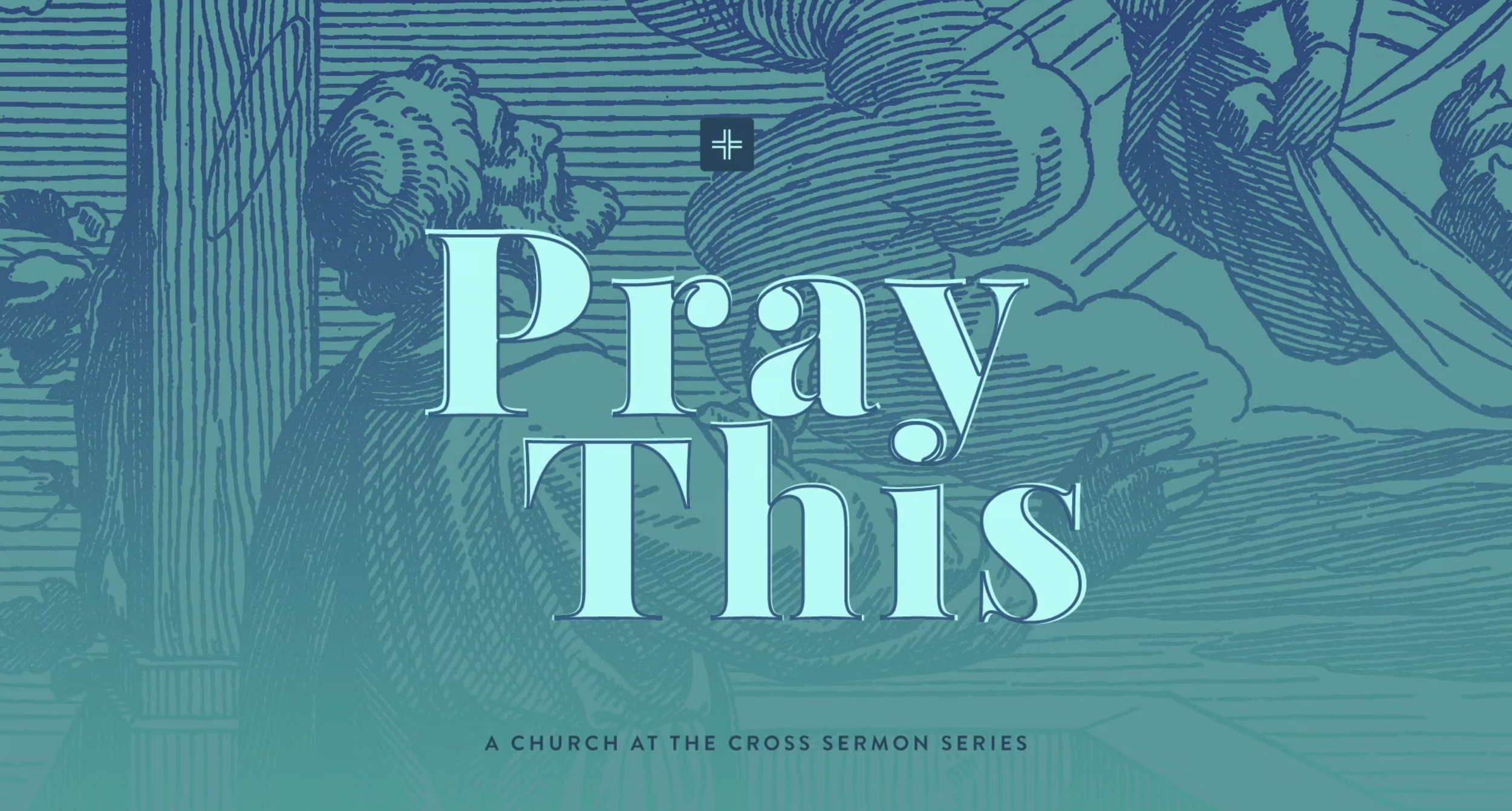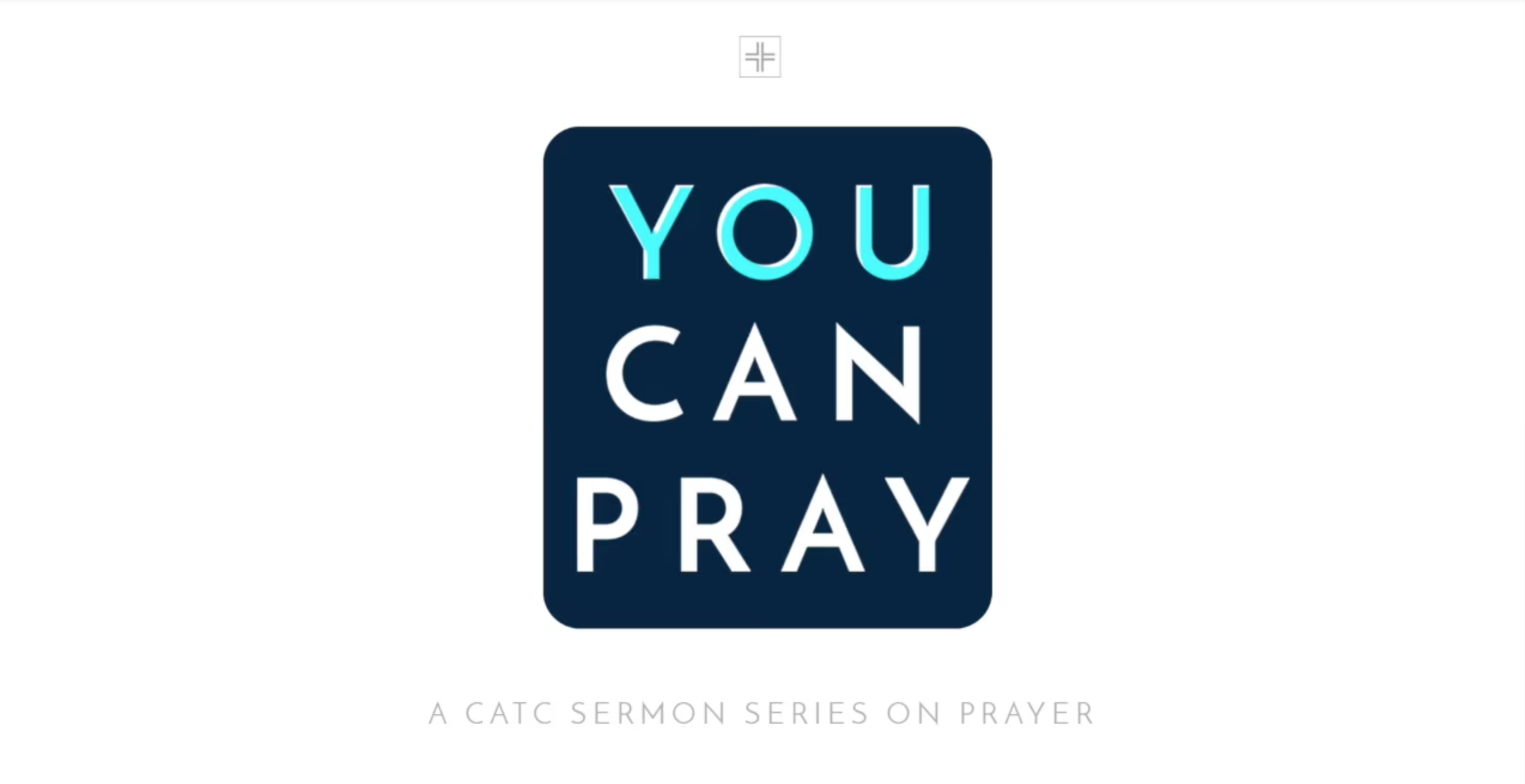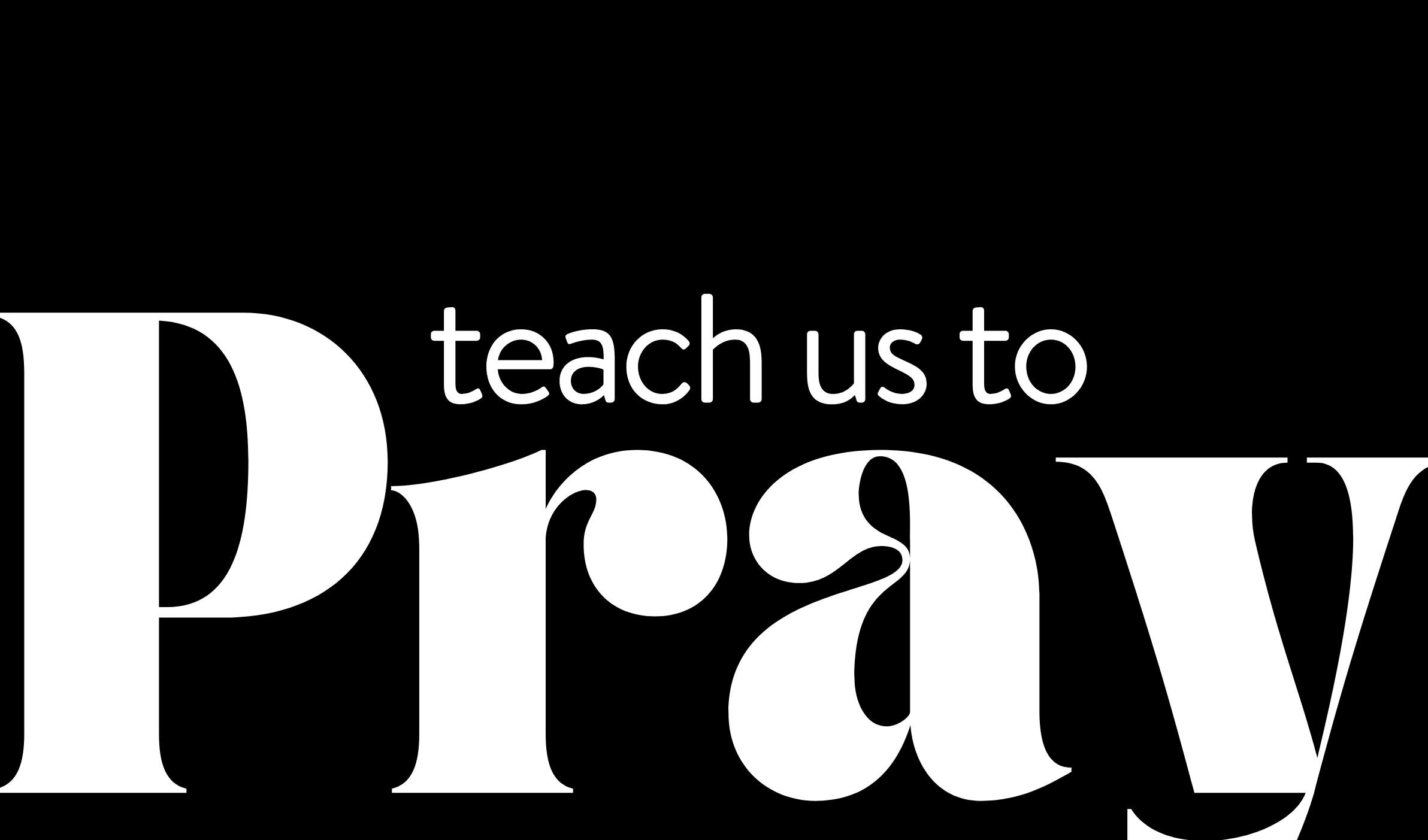Why Pray?
We Must Become A Praying People To Experience God’s Renewal In Our Lives.
Helping people and places encounter Jesus is an impossible vision apart from prayer. If we are going to experience God renewing our lives and relationships and using us as instruments of renewal in the world, we must become a praying people.

Prayer Gatherings
Throughout the year, our church unites in intentional rhythms of prayer. These include our weekly Worship Gatherings, monthly “Prayer & Songs,” the annual “48 Hours of Prayer” in February, and the Pre-Service Prayer Group that meets every Sunday from 8:15-8:45am. Through these prayer gatherings, we come together as a church to pray and ask God to do what only He can do.

Get Involved
Pre-Service Prayer Group
Join our Sunday morning pre-service prayer group from 8:15-8:45am in the auditorium and balcony to pray for our gatherings and ask God to move in our services. This is an unguided, open space where you can pray alone, with others, aloud, or silently.
The Weekly Intercessors Team
Receive a weekly email with prayer requests submitted by our church family, and commit to lifting them up in prayer from home. If you have a heart for intercession, this is a meaningful way to serve wherever you are.
Sending Prayer Advocate
You will be paired with one of our partners/missionaries and commit to reaching out to them for prayer requests three times over three months.
Prayer Resources
The purpose of spiritual disciplines is to help us enjoy the presence of God. These can quickly become a to-do list about the path to a successful life. We must resist the temptation to practice a spiritual discipline in order to prove something to ourselves, God, or anyone else. The purpose of these disciplines is not to impress Him. Our goal is not that He would see more of you, but that you would see more of him.
For three days, darkness was over the land. Two of Jesus’ closest followers, “Mary Magdalene and the other Mary,” returned to his tomb in order to anoint the body of their beloved. The disciples were in hiding trying to make sense of the chaos, their hopes crushed by the cry, “It is finished.” But then we see the stone rolled away, an empty tomb, and hear that life was again thrust into the body of Christ.
The dream was dead. The One whom they hoped would usher in the Kingdom of God and set them free from their enemies had breathed his last. The text wants us to feel the dramatic reality of Jesus’ death. He really died. Pilate confirmed it. Then he handed over “the body” to Joseph of Arimathea who wrapped Jesus’ body in a linen shroud and laid him in a tomb. Furthermore, he lays him in his OWN tomb. Both Mary Magdalene and Mary, the mother of Joses, saw the location of this tomb. These are eyewitness accounts, claims written at a time when other eyewitnesses were still alive who could corroborate them. We are reading verifiable history. Jesus of Nazareth died and was buried and with Him the hopes of this world.
Jesus was arrested in the wee hours of Good Friday. He endured a series of harsh and unlawful trials that would extend until dawn. The sleeplessness and agony of the garden had weakened his body. His fatigue was exasperated in anguish throughout the long day to come. Caiaphas and Annas, the former and current high priests prompted false testimony and pronounced their judgment. The Sanhedrin pressured the Pseudo-Jewish King, Herod, and the Roman Governor, Pilate, to crucify the Lord of glory. Throughout the evening and early morning, he was mocked and beaten both by temple guards and Pilate’s soldiers.
Bread and wine were two common items at Jewish dinner. But this was no ordinary dinner. This was the Passover meal and Jesus was sharing it with his disciples, his betrayer at the table. This was a meal rich with imagery of a past salvation and yet pointed to a newer and deeper one. The Passover meal commemorated the Exodus, God’s miraculous rescue of his people from Egypt. He delivered them out of slavery and into life and freedom.
Jesus’ life is swiftly moving to its climax. The time of the Passover feast is a couple of days away. The significance of the timing could not be greater. The Passover was an annual Jewish feast which commemorated their deliverance from Egyptian bondage. The original Passover involved the sacrifice of a lamb without spot or blemish. The blood of the lamb was placed on the doorposts and lintels of the house so that the angel of death (the final plague sent by God on the firstborn of Egypt) would “pass over” the house. It is at this current feast of Passover that Matthew tells us of the chief priests and scribes seeking to kill Jesus, the Lamb of God.
On this day of Holy Week, Jesus was teaching in the temple and a group of Jewish leaders approached him to continue their attempts to “entangle him in his words” and end his impact among “their” people. They asked, “Is it lawful to pay taxes to Caesar…?” A precisely calculated question and one that the leaders were sure was going to finally rid them of this “blasphemous” menace. In those days the Pharisees had vilified the ruling authority and taught the people, through oral tradition, that it was “sinful” to give them any respect at all, even paying taxes.
A passage like this calls us into question – have we perhaps profaned the worship of God? Are we so different from the scribes and chief priests? After all, our own heart is a breeding ground for idolatry, substituting the one mediator – Jesus for a lesser good, a lesser object. The cleansing of the temple is a reminder that Jesus is our temple, that we come to God through no other means than him, and that we must, in faith, expect him to supply our every need. Expectancy has everything to do with faith. John Calvin said, “To have faith in God means, to expect, and to be fully assured of obtaining from God whatever we need.”
After three and a half years of public ministry, Jesus’ time on earth is drawing to a close as we join this passage in Matthew 21. Jesus instructs a couple of His disciples to go ahead of Him and procure a donkey’s colt that He might enter Jerusalem one last time. This act will fulfill yet another Old Testament prophecy of his identity as Messiah! Zechariah 9:9 (ESV) declares:
A creed is simply a summary statement of Christian faith and belief. It is believed the original intent for these creeds was to present a short summary of Christian doctrine that a follower of Jesus would affirm at baptism. They later became tools for instruction of new converts, for guarding against heresy, and for use in corporate worship. The Apostles’ Creed is one of the three most famous creeds established in the first five centuries of church history...The Apostles’ Creed pulls our faith from the margins of our lives right into our hearts. As we reflect on it, our faith grows, our minds are renewed, and our hearts are warmed to the God of this creed....
If we would see God move in our lives, our families, our communities, our nation, we must be committed. Committed not simply to the idea of prayer, but to the act of prayer. If we want to see God heal the sick, renew relationships, save the lost, call home the prodigals, ...it will be by his power activated by faith-filled prayer. It is not enough that we affirm the necessity and power of prayer; we must give ourselves to the discipline and duty of prayer.
This is the power of our Pray 30/20/10 initiative. We are becoming a praying people through the act of praying. We are learning to cultivate a praying habit so that we might have a praying heart. By taking 30 minutes in the morning, 20 minutes during the day, and 10 minutes at night to seek God in his Word and in prayer, we are learning to look away from ourselves and to look to God. This season of prayer can be a turning point in our lives. We might very well be on the verge of some new works of God as he responds to our persistent prayers. If you have not taken the Pray 30/20/10 challenge, I encourage you to take it up today. Make it a part of the regular rhythm of your life. Join us as we strive with God’s help to become a church serious in its intention to be a praying people.
Training Videos
4D PRAYER
As followers of Jesus, growing a prayer life should be one of our greatest priorities. Our prayer life says a lot about how real God is to us and how valued God is to us. If we say we value him but we are not talking or growing in a conversational relationship with him, those claims are questionable. 4D prayer is a helpful way to help you grow in your prayer life with God.
Prayer Sermon Series



Prayer Team




















When Jesus begins his ministry on earth, he does not go to a posh retreat center, or a pastor’s conference. He goes to the desert. He goes to a dry and weary land where there is no water or food. Now as the eternal Son of God, he is able to create food out of nothing, and as a fully flesh and blood human being, he desperately wants to eat. Satan is quick to point this out, “Hey man, you’re the Son of God! You are surrounded by stuff you could turn into bread. Why not just transubstantiate yourself up some waffles?” Jesus’s answer to Satan gives us the meaning of fasting: “Man does not live by bread alone, but by everything that proceeds from the mouth of the LORD.” Jesus’s soul was satisfied by the Father. Jesus prepares himself for ministry by honing that desire...